Dr. Laura Iannuzzi, based in the Centre for Midwifery & Women’s Health, is acting as one of the two guest editors of a Special Issue for the international journal Healthcare. This Special Issue called ‘Advancing Midwifery and Nursing Practice: Equity, Inclusion and Integrated Care’ currently has a call out for contributions. Details can be found by clicking here!
Healthcare is looking for authors to submit papers exploring strategic directions for midwifery and nursing in advancing inclusion, equity, and health. This Special Issue is open to topics such as integrated care strategies and long-term care models, professional nursing roles, evidence-based interventions, and community-engaged approaches. The proposed theme aligns with Healthcare’s focus on multidisciplinary research and practical solutions that improve health outcomes across populations.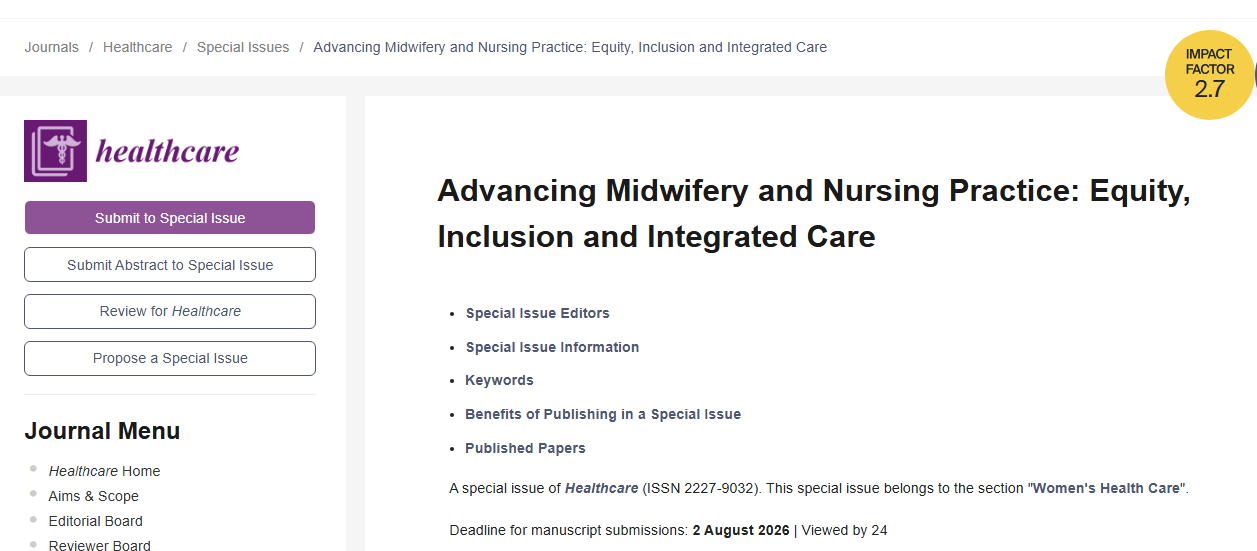
In this Special Issue, original research articles and reviews are welcome. Research areas may include (but are not limited to) the following:
- Strategic frameworks and global policy implications for midwifery and nursing;
- Educational innovations to promote equity and development;
- Evidence-based clinical practices focused on underserved populations;
- Community health initiatives and participatory care models;
- Coordinated interprofessional models and organizational frameworks that promote inclusive and equitable care;
- Impacts of global crises (e.g., pandemics, conflict) on midwifery and nursing practices.
The Guest Editors are Dr. Simona Fumagalli and Dr. Laura Iannuzzi




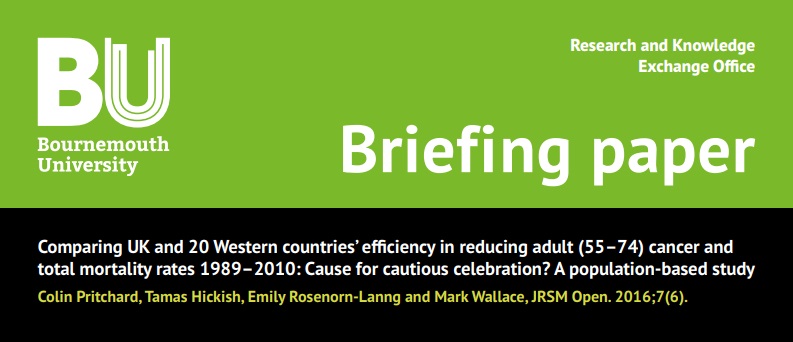 Our
Our 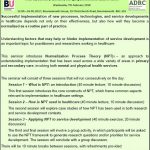
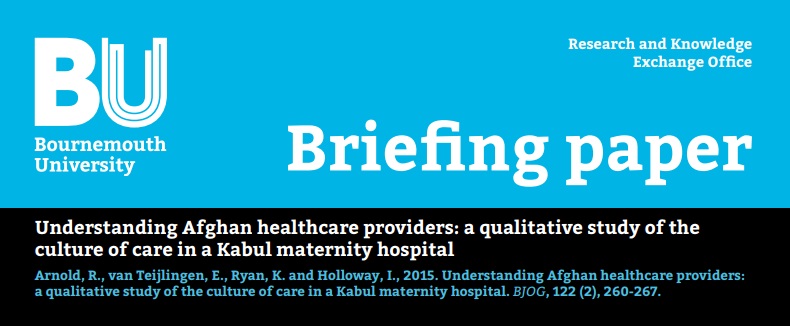 Our
Our ![InnovateUK_LogoA_Interim_RGBx320govuk[1]](http://blogs.bournemouth.ac.uk/research/files/2014/12/InnovateUK_LogoA_Interim_RGBx320govuk11-300x90.jpg)
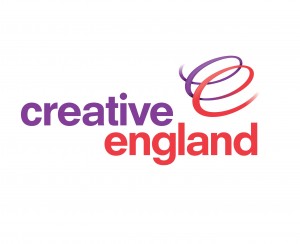
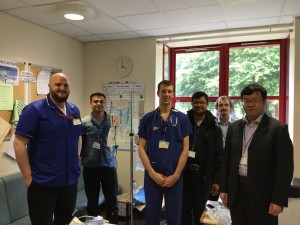
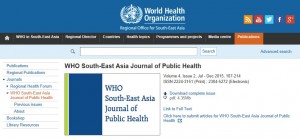


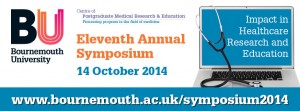




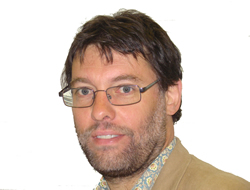












 Beyond Academia: Exploring Career Options for Early Career Researchers – Online Workshop
Beyond Academia: Exploring Career Options for Early Career Researchers – Online Workshop UKCGE Recognised Research Supervision Programme: Deadline Approaching
UKCGE Recognised Research Supervision Programme: Deadline Approaching SPROUT: From Sustainable Research to Sustainable Research Lives
SPROUT: From Sustainable Research to Sustainable Research Lives BRIAN upgrade and new look
BRIAN upgrade and new look Seeing the fruits of your labour in Bangladesh
Seeing the fruits of your labour in Bangladesh ECR Funding Open Call: Research Culture & Community Grant – Apply now
ECR Funding Open Call: Research Culture & Community Grant – Apply now ECR Funding Open Call: Research Culture & Community Grant – Application Deadline Friday 12 December
ECR Funding Open Call: Research Culture & Community Grant – Application Deadline Friday 12 December MSCA Postdoctoral Fellowships 2025 Call
MSCA Postdoctoral Fellowships 2025 Call ERC Advanced Grant 2025 Webinar
ERC Advanced Grant 2025 Webinar Update on UKRO services
Update on UKRO services European research project exploring use of ‘virtual twins’ to better manage metabolic associated fatty liver disease
European research project exploring use of ‘virtual twins’ to better manage metabolic associated fatty liver disease